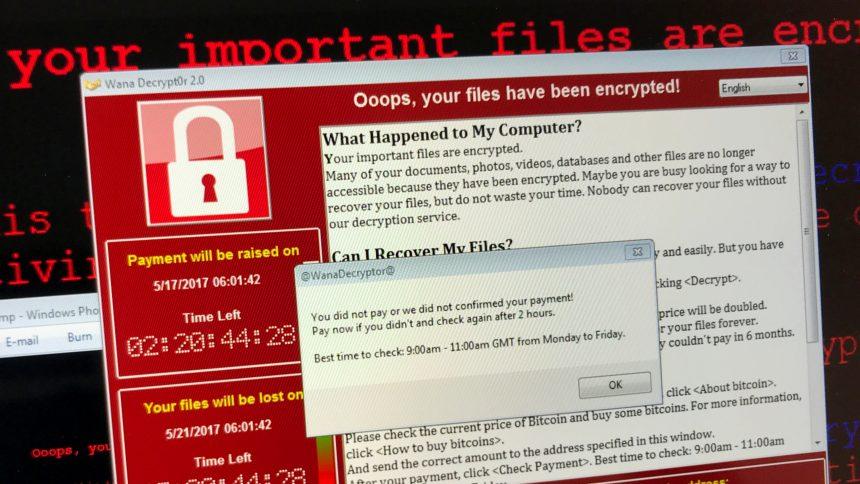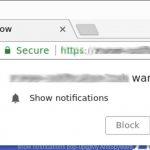POUU Ransomware Joins the STOP/Djvu Ransomware Family
POUU Ransomware is another variant within the prolific STOP/Djvu Ransomware family. Like other strains of the notorious ransomware code, this version locks files and then demands a ransom fee to restore file access. Malicious programs like POUU Ransomware can be distributed via software bundles, so if you tend to download freeware or pirated apps distributed via torrent or cracked software sites, you may end up installing similar threats.
POUU Ransomware locks most of the popular file types, including photos, music, documents, and videos. During the file encryption process, POUU Ransomware adds the .POUU extension to the affected files and leaves a ransom note on the user’s desktop and in every folder that contains encrypted files.
Once downloaded and installed, POUU Ransomware employs the AES encryption algorithm to lock up target files. Infostealers like Vidar and RedLine can also be deployed with ransomware infection. It allows hackers access to sensitive user information before encrypting the files. Thus, it is possible that POUU Ransomware comes with an infostealer as well.
When the file encryption is complete, POUU Ransomware demands a ransom in exchange for the decryption key. The decryption key costs $980, but the ransomware’s operators will offer a 50% discount, and only charge $490, if the victim contacts them within the first 72 hours after infection.
The hackers can be contacted at support@freshmail.top and datarestorehelp@airmail.cc. We discourage establishing contact with the hackers however, as there is no guarantee that they will provide decryption tools after payment or even communicate with you. It is important to note that the POUU Ransomware does not just encrypt data; it also attempts to delete all shadow copies of the affected files stored on your computer. This can make recovery of your documents and data extremely difficult, if not impossible.
It is highly recommended that you do not attempt to pay a ransom for a decryption key as this does not guarantee restored access to the encrypted files – it may even increase the risk of further attacks. The best course of action is focusing on the methods that could help you restore your data and protect your system from similar threats. Additionally, anyone who suspects their system has been infected with ransomware should immediately disconnect plugged-in devices from the affected computer because ransomware may spread across several devices on the same network.
How Do I Deal with the POUU Ransomware Infection?
To protect yourself from the POUU Ransomware attack, you should practice safe web browsing habits like refraining from opening email attachments from unknown senders and downloading programs from unreliable sources. You should also have a reputable malware remediation tool installed on your computer. That way, you can regularly scan for elements associated with this troublesome ransomware infection and other malware. Also, to reduce the potential damage of a future ransomware infection, please consider backing up your files on an external hard drive or cloud storage.





